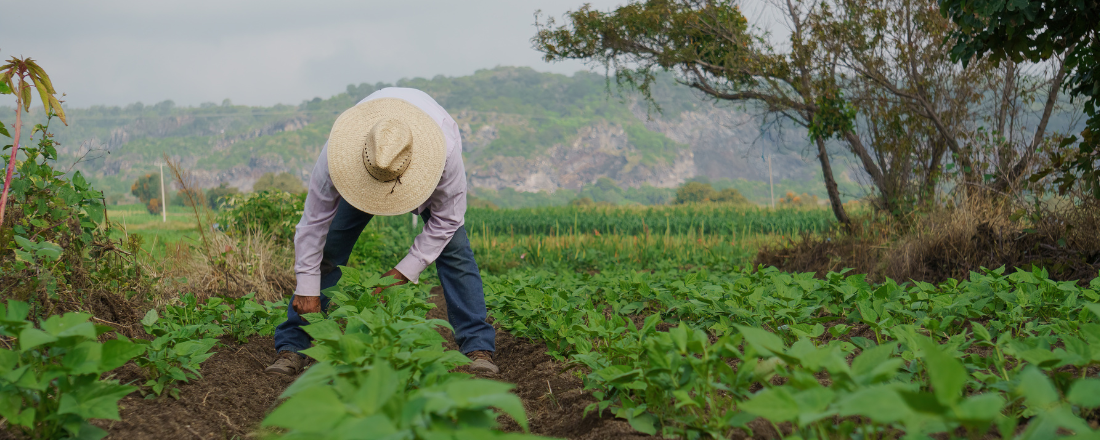
Event
Communicating About Extreme Heat: EPA Webinar Features PHI’s Achieving Resilient Communities
-
Focus Areas
Capacity Building & Leadership, Environmental Health -
Issues
Climate Change, Wildfires & Extreme Heat -
Expertise
Outreach & Dissemination -
Programs
Achieving Resilient Communities (ARC)

Webinar: Winners of the EPA “Let’s Talk About Heat” Challenge
Thursday, October 6, 2022
11am-12:30pm PT | 2-3:30pm ET
Hear from EPA “Let’s Talk Extreme Heat” challenge winners, including PHI’s Achieving Resilient Communities, as they share the their heat safety messages and how you can help build capacity to communicate the risks of extreme heat.
Register HereExtreme heat can affect everyone, but it can be much worse for those with chronic conditions, including heart disease, diabetes and multiple sclerosis. Heat also has a bigger impact on children and older people, as well as people who spend more time outdoors or lack air conditioning. Additionally, extreme heat can disproportionately impact people of color and people with lower incomes who often live in neighborhoods with fewer trees and less greenery.
Tune in to an EPA webinar to learn successful strategies to communicate about the health risks of extreme heat, featuring PHI’s Achieving Resilient Communities (ARC) and other winners from the Let’s Talk Extreme Heat Challenge. ARC and partners were selected for their communications strategy with community organizers to expand access to information in indigenous languages and audiovisual formats on how Ventura County farmworkers can protect their health during heat waves and forest fires.
The EPA’s Let’s Talk About Heat Challenge was developed in support of the National Climate Task Force’s Extreme Heat Interagency Working Group, which is being led by EPA, NOAA, and HHS with support from the White House.
Learn more about ARC
Resilient communities—those with fresh food and clean water, air that is safe to breathe, and empowered people—are better equipped to adapt to our changing climate. PHI’s ARC program is partnering with California communities to identify priority metrics and make measurable progress toward becoming more resilient. Learn more.
More Updates
Work With Us
You change the world. We do the rest. Explore fiscal sponsorship at PHI.
Support Us
Together, we can accelerate our response to public health’s most critical issues.
Find Employment
Begin your career at the Public Health Institute.



